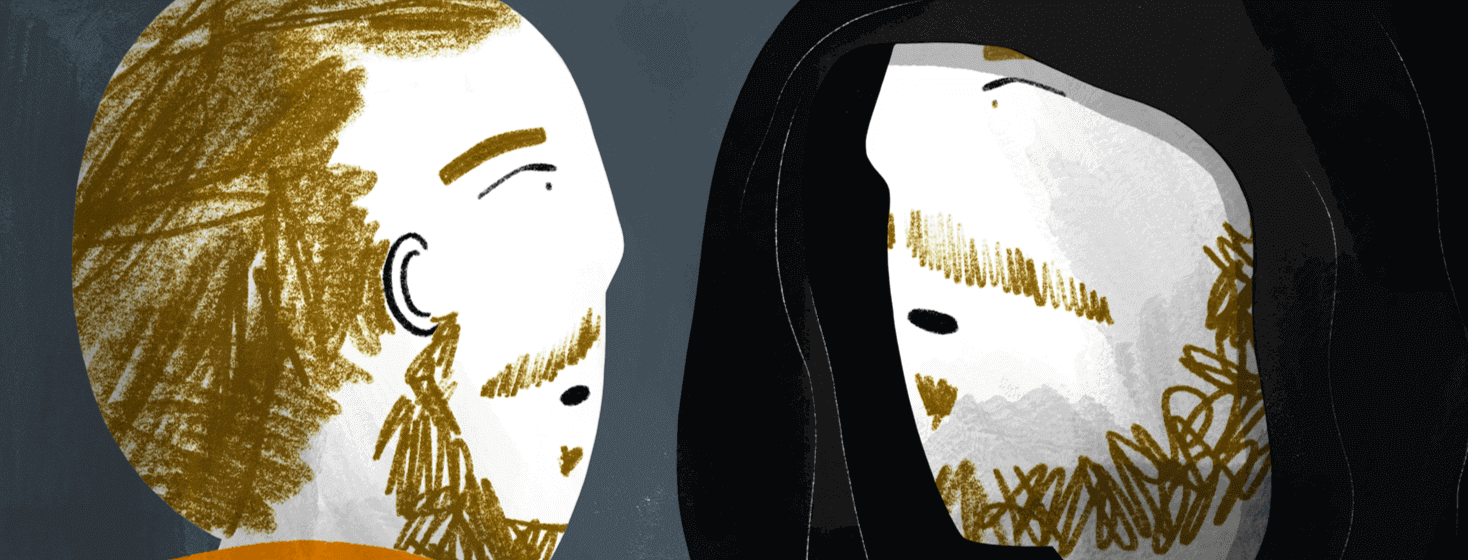The MS Age Restriction
When I received my diagnosis, I was 22 years old. In the world of MS, the onset typically falls between 20-40 years of age. As you might imagine, getting diagnosed at 22 was difficult for many reasons, but partly because of my age.1
The initial symptoms
Before I started experiencing symptoms from my first exacerbation, I had been to the doctor enough times in my life to know I didn't like it, but also rarely enough to not have to worry about it. So when my arms started to tingle, my legs spasm, and the bathroom trips became urgent and frequent, I did not overthink it.
In hindsight, I think to myself, "How on EARTH did you not think that was worth immediate attention?" But I was 21 and living my best life. I went to a medical center, ruled out diabetes, and lived on with intensifying symptoms. I was a typical 21-year-old in the sense that I believed I was somewhat invincible. Whatever it is, it will work itself out on its own, I thought.
Seeking answers
When I returned to Sweden, and the high of the adventure of studying abroad wore off, the focus shifted to my body which was becoming less and less cooperative. So a few weeks after returning home, I started the process of seeking help for my symptoms. But I want to spare you the details; the number of appointments, referrals, treatments, and waiting lists was tolerable at best.
Initially, I wasn't too worried because no healthcare professional I met seemed to find a cause for alarm. But the lack of immediacy that the doctors and nurses showed was confusing. I knew the symptoms I had weren't normal, yet they got shrugged off more often than not: "Well, you're 21. It'll probably resolve itself. You're fine. Come back in 6 months."
A worsening physical state
No matter how severe the symptoms became, it took about a year until a nurse furrowed her brow and sent me to a neurologist. At this point, I had lost all hearing in my left ear and my balance. The world was spinning, and I could barely stand. I went to the bathroom 20 times a day. My arms and legs were tingling and numb. I was in a near-constant state of cog fog. And all I could think was, "Why has it taken until now?!"
The challenges of a young MS diagnosis
It's frustrating to write about this because after speaking to friends diagnosed relatively early in life (with MS or other chronic illnesses), many of us have the same experience. We felt unseen by the medical field because of our age. It was also a big challenge to reestablish a life that was just about to begin; I did not have the mental fortitude to deal with MS at that age. I felt like I was robbed of a real opportunity to carve out a life for myself beyond school. I had been a teenager not too many years prior; how would I be able to deal with all of this?
Diagnosis difficulties
MS is difficult to diagnose, and there aren't any "MS-specific" symptoms. Statistically, young adults make out a smaller percentage of people diagnosed with diseases and other complications. Seems pretty logical to assume that a young adult is not dealing with chronic illness (never mind MS), right? There is no simple test, so diagnosis can be lengthy, costly, and difficult to reach. Based solely on pathology, it has all the potential for being a nightmare disease to live with, diagnose, and treat.
Not just a problem for young people
MS also happens to be one of the leading causes of disability in young adults, and there is some evidence that the sooner you are put on effective DMTs, the better.1 Therein lies one of the big frustrations with being a young adult with MS. But I want to be clear; diagnosis is definitely not just an issue for people in their 20's. Many MS patients have had to scream and struggle their way into the right doctor's office for years to get their diagnosis. This issue encompasses more than one's age. And I can't say for sure that I would have received my diagnosis earlier than if I had been, say, 15-20 years older. But I believe that many of the struggles leading up to it had looked different.
Hindsight is...
As I'm about to enter my 30's, I'm pausing to look back on the 21-year-old that shrugged off the strange leg spasms that morning in 2014. It's a mixed bag of emotions, but mostly, I feel like I want to help. I want to drag him by the collar to a hospital and scream until someone puts him in an MRI. I want to save him from that year of isolation, frustration, and hopelessness. To speak up when he didn't know how to.
But after hearing how much better and faster MS-care is becoming compared to not that long ago, I feel hopeful about the future. My one year can seem like a short time for someone who waited for ten, but there is no need to get into comparative suffering. Mostly, I believe that when someone starts exhibiting signs of MS, you should get equal care and consideration, regardless of your age. It remains a simple yet endlessly complex issue.

Join the conversation